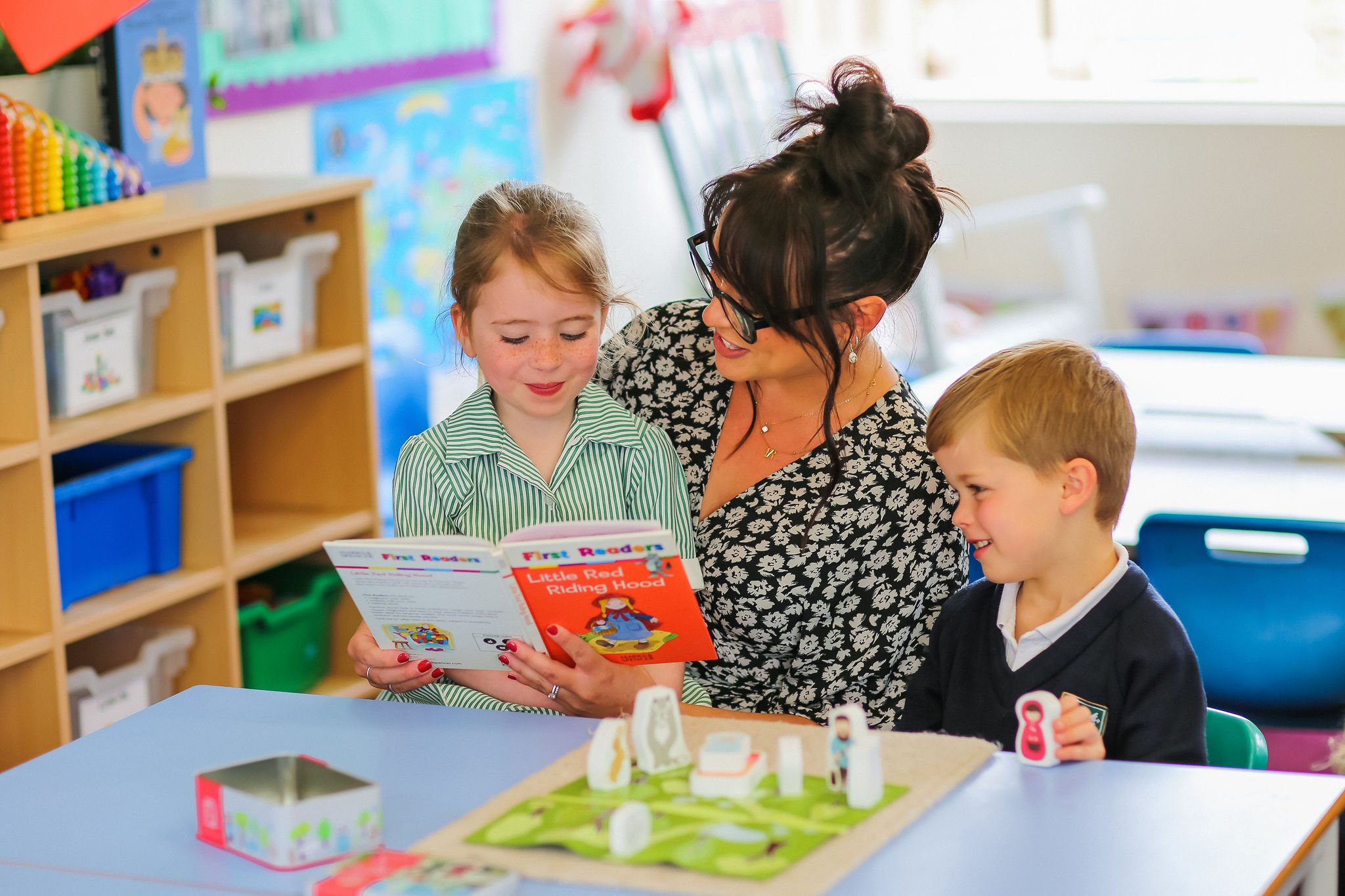Whether your toddler’s tantrums are frequent or not, as a parent, preventing them will ultimately be a priority for you. However, as a normal part of every child’s development, these intense outbursts are unavoidable. At certain stages, tantrums are your child’s way of letting you know that they are frustrated or unhappy. Consequently, we’ve got some great advice to help you calm your toddler during a tantrum:
Stay Calm Yourself
As a parent, you are always a role model for your little one. As such, in every situation, it is important to act in a way that you would want your child to act; during a tantrum, this means staying calm. By venting your own frustrations, not only could this serve to heighten your toddler’s upset but it will also signify to them that it is acceptable to behave in this way. Although it is challenging at times, remember that helping your child learn how to calm down is always the goal during an outburst, so stay as collected as possible.
Identify the Cause
There could be many reasons why your toddler has thrown a tantrum, so identifying the cause of their upset will help you decide how to handle it. For example, if your child accidentally hurts themselves, you will need to provide comfort to help them recover. On the other hand, if your little one is acting up as the result of being refused something that they cannot have, e.g. a new toy, remain calm but firm. Avoid pandering to your toddler’s requests as to why they cannot have something and instead, distract them with something they can have or a change of activity/scenery.
Take your Surroundings into Consideration
You may also respond differently to your child’s tantrum depending on where you are. For example, if you are at home, you may find the best course of action is to just walk away from your little one at the peak of their outburst as it is safe to do so in this environment. By taking your attention away from them and removing yourself from the room, this will signify that their behaviour will not have the desired effect. Alternatively, if you are in public, you are likely to feel uncomfortable about leaving your toddler. Therefore, picking them up and taking them to a more enclosed place such as the car or toilet will enable you to deal with their tantrum more effectively without feeling conscious or embarrassed.
Use Distractions
With their emotions running high, reasoning with your child during a tantrum seldom works as a way of calming them. As such, it is often best to take their attention away from the cause of their upset by using distractions. For instance, you could try making your little one laugh with an impression of their favourite character or funny face. Alternatively, introducing a different toy or new form of entertainment may serve to divert your toddler’s attention, helping to diffuse the situation and calm them.
Do not tolerate Aggression
Finally, no matter how upset your child is, behaving aggressively during a tantrum should not be tolerated. Actions such as biting, hitting, kicking and punching are not acceptable; make this clear to your little one by taking them away from the cause of their aggression and holding or sitting with them until they have calmed down. Then, verbalise your unhappiness with their behaviour to ensure they understand that this is not the correct way to behave and to help them learn how to control their anger in future by simply removing themselves from the source of their upset.
Here at St Peter’s, we are no strangers to temper tantrums and during our private toddler group, in South Devon, we have experienced one or two. However, it is important to remember that these unhappy outbursts are usually just part of a phase that your toddler will soon grow out of. By following this advice, not only will you be able to calm your child down but you will also be able to help them learn how to best control their frustrations in the future, ultimately, making you both happier!
SaveSave









